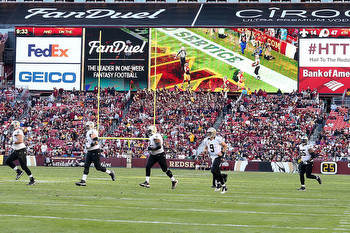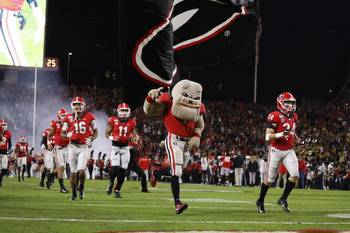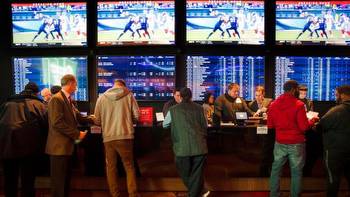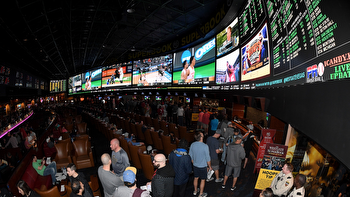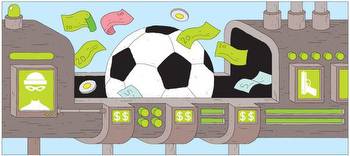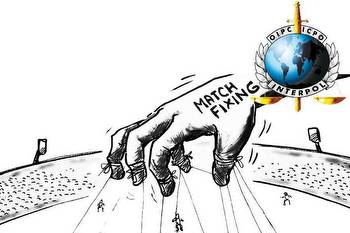The Outer Line: Gambling on pro cycling’s future

The sport of cycling has a homogenous fan base in the United States. The sport may soon be able to bet on a bigger economic prize. The Supreme Court recently struck down a 1992 Federal law that effectively limited legal sports betting to one state. It is estimated that Americans make $150 billion in illegal wagers on professional and amateur sports every year. Legalized sports gambling has potential to drive new fan interest in niche sports like pro cycling. This could create a financial incentive for those fans to get more engaged in its history and competitive strategy.
Sports betting is legal in Nevada and Australia, but illegal in the U.S. and most of the world. The number of illegal sports wagers in U.,S., Europe and elsewhere is estimated to be between $50 billion and $150 billion annually. U,S telecommunication and media companies are planning integrated betting alternatives on their entertainment platforms. Verizon and the NBA are discussing a joint investment to develop features like quarter-by-quarter fantasy betting in basketball games. They believe it could boost fans’ interest and engagement in live games, even otherwise boring ones.
In limited markets, one can already wager on pro cycling. Pro cycling lags behind most other sports in terms of its broadcasting options and market reach. Building an integrated viewing and betting platform will be difficult in the short-term, but not impossible. Over the longer term, a betting and viewing network could popularize cycling similar to TVG's TVGT network for horse racing. Road cycling provides a perfect market for numbers nerds and gamblers. Bike racing is a game with ever-evolving action that could be leveraged for positioning bets.
There are many examples of legal gambling on the sport of professional cycling. Skybet, Paddypower, and Bet365 offer odds on bike races. If cycling wagers were brought under the umbrella of major American sports books, it could increase the incentives of bettors. Real-time betting opportunities could reinforce current fan interest and attract potential viewers to watch the live broadcasts. The first cycling-based system that integrates race viewing with the odds making and betting could set a new tone for how, why, fans tune into the sports. It could also increase revenue for the Sport and increase its broadcasting reach.
There has been a lot of match-fixing and point-shaving in modern times. Most of these crimes have been related to illicit betting. Legitimate sports betting markets can be properly monitored with sophisticated anti-fraud software. Big-data monitoring has successfully detected insider trading schemes. The current closed system in sports gambling has limited regulatory auditing. A legitimized and integrated gambling structure will need to include a regulatory and enforcement organization to monitor the volume and context of betting data. The incentive for gambling-related corruption is more prevalent in non-centralized leagues and when athletes are under-compensated.
Legalized American gambling is coming to professional cycling. It will drive a new economic reality and help boost media properties. However, checks and balances must be set up to prevent abuse and collusion among riders and teams. The only gamble for cycling’s key stakeholders is how quickly the sport can adapt to the coming changes.

